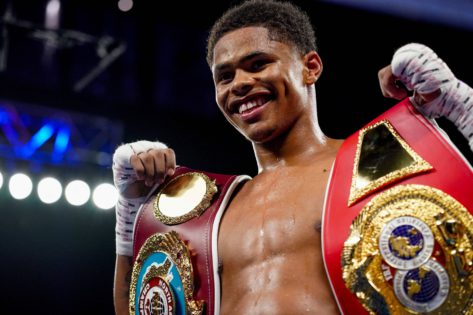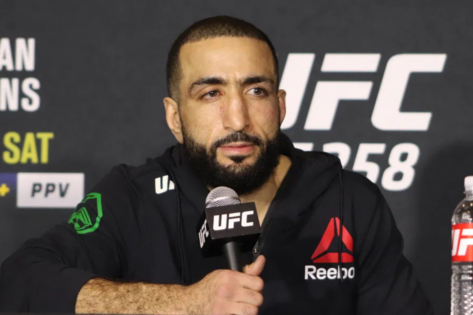Hakeem Olajuwon isn’t just a basketball legend: he’s The Dream. Two-time NBA champ, twelve-time All-Star, and known for the iconic “Dream Shake.” After retiring, he mentored stars like Kobe, LeBron, and Yao Ming. Off the court, he’s lived a quieter life with his wife Dalia Asafi, whom he married in 1996. Together, they raised four children, including Abdullah, who once seemed ready to carry on the family’s legacy. But lately, Abdullah’s name has been making headlines for a very different reason.
Despite the expungement, Akhlaghi wasn’t satisfied. She later said, “He got a slap on the wrist. The criminal justice failed me.” Three years after the incident, she filed a civil lawsuit against Abdullah. In May, a Texas jury awarded her $530,000 in damages. While the case wasn’t criminal, the jury’s verdict sent a strong message. According to her lawyer, “Not in our county, you’re going to be held responsible, and that’s what 12 jurors did in Fort Bend County.”
Akhlaghi described the 2022 encounter as deeply personal and violating. “It was the most dehumanizing situation of my life,” she said. “There’s something different about someone putting their hands around your neck. It’s like they want to control you.” Her words painted a picture of a moment that left her shaken long after it ended. A new case has now emerged as well: according to ABC13, records allege that Abdullah pointed a BB gun at another driver. While no indictment has been made yet, the charges remain under review, and the future is uncertain.
How Hakeem Olajuwon’s quiet greatness casts a long shadow
Hakeem Olajuwon’s presence in basketball goes far beyond stats and championships. What emerged from his story was not just a Hall of Fame resume, but a deeply rooted philosophy built on reflection and faith. While fans often recall his footwork and championship banners, those close to him speak more about his values. “His legacy is giving to others,” said Mirin Fader, who wrote Dream: The Life and Legacy of Hakeem Olajuwon. “It’s saying to the next generation, ‘I want you to be better than me.’”
That sentiment hasn’t just echoed through NBA gyms. It has followed Olajuwon into mosques, community centers, and anonymous donations. He quietly funded prayer spaces and mentored younger players far from cameras. His influence touched lives in ways that never made the highlight reel. “Give, but give in secret,” Fader explained after reading the Quran to better understand the man. “Don’t give so that other people know that you’re giving, but give privately, generously, and largely.”
Hakeem’s life was defined by internal discipline, spiritual rebirth, and a near-philosophical view of success. He never sought the spotlight, and when it found him, he handled it with poise. “You don’t need praise, you don’t need people to think you’re this or you’re that,” Fader said. “Do the work, do what you love. Everything follows from that.”
Mar 6, 2022; Houston, Texas, USA; NBA Hall of Fame member Hakeem Olajuwon during the game between the Houston Rockets and the Memphis Grizzlies at Toyota Center. Mandatory Credit: Troy Taormina-USA TODAY Sports
That message wasn’t just Hakeem’s way; it was his guiding compass. Olajuwon isn’t just a flawless icon but rather a committed servant to something larger than the game.
The post Hakeem Olajuwon’s Son Faces $530,000 Judgment as Past Behavior Resurfaces in Court appeared first on EssentiallySports.



